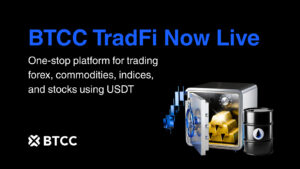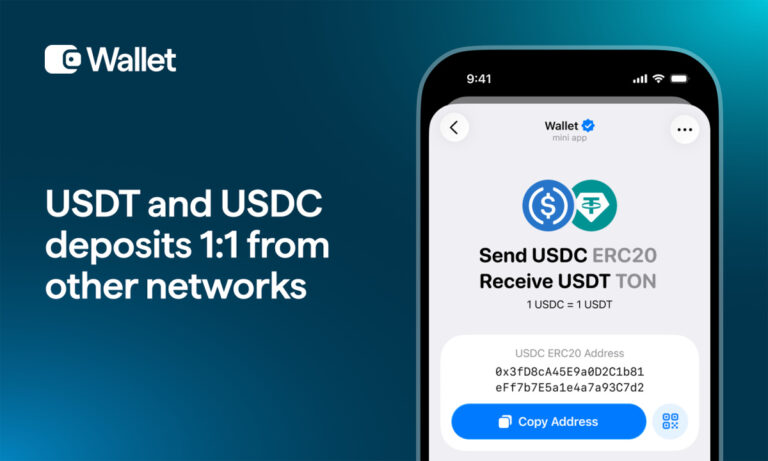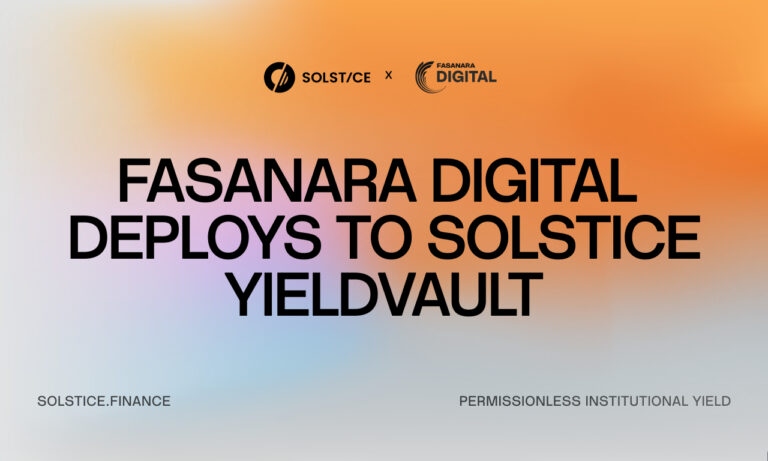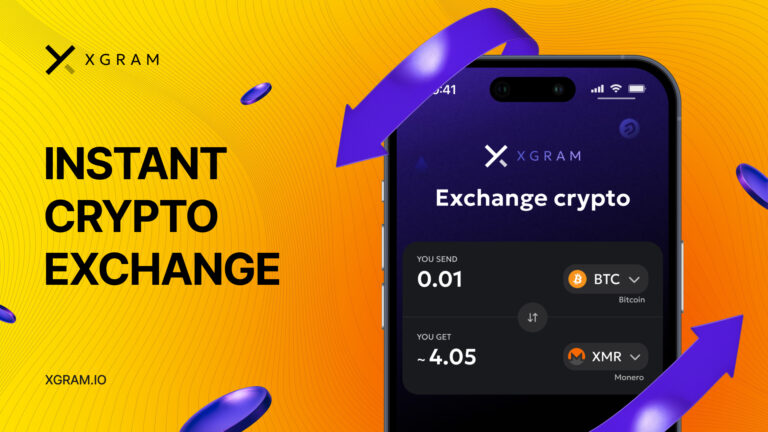Informationen zum Land
Weitere Informationen
Website
Extra Links
Soziale Medien & Nachrichten
Rangliste
Blockchain-Übersicht
Kategorie:
| Name | Kategorie |
|---|
Häufig gestellte Fragen
Description
Disclaimer: The regulatory information provided below is for general informational purposes only and may not reflect the most current legal developments. Cryptocurrency regulations are rapidly evolving and can change frequently. This information should not be considered legal or tax advice. Before making any business or investment decisions, please consult with qualified legal, tax, or financial professionals familiar with your specific jurisdiction and circumstances. Always verify current regulations with official government sources and regulatory bodies.
Legal Classification & Regulatory Framework
Cryptocurrency Status
The Bahamas has established itself as a global pioneer in digital asset regulation, becoming one of the first jurisdictions worldwide to introduce comprehensive legislation specifically designed for cryptocurrency and blockchain businesses. Digital assets in the Bahamas are legally recognized and regulated under the Digital Assets and Registered Exchanges Act, which has undergone significant evolution to maintain alignment with international best practices and emerging market developments.
The most recent iteration, known as DARE 2024, represents a substantial strengthening of the original framework introduced years earlier. This legislation provides clear legal definitions for various categories of digital assets and establishes a structured regulatory environment for businesses operating in this space. The Securities Commission of The Bahamas classifies digital assets broadly to encompass cryptocurrencies, tokens, stablecoins, and other blockchain-based representations of value or rights that can be transferred and stored electronically.
Unlike some jurisdictions that have adopted restrictive or prohibitive stances, the Bahamas has deliberately positioned itself as welcoming to legitimate cryptocurrency businesses while maintaining rigorous standards for consumer protection, financial stability, and anti-money laundering compliance. This balanced approach reflects official recognition that digital assets represent significant opportunities for financial innovation, economic diversification, and job creation, provided appropriate safeguards are implemented.
The regulatory framework explicitly distinguishes between different types of digital asset activities, including operating exchanges, providing custody services, offering investment advice related to digital assets, managing digital asset funds, facilitating token offerings, providing staking services, and dealing with digital asset derivatives. Each category carries specific licensing requirements and compliance obligations tailored to the risks and characteristics of those activities. The legislation also addresses stablecoins with particular attention to their potential systemic implications and consumer protection considerations.
Tax Treatment
The Bahamas offers one of the most favorable tax environments globally for cryptocurrency activities, which has become a significant factor in attracting digital asset businesses and investors to the jurisdiction. The country does not impose personal income tax, capital gains tax, or inheritance tax on individuals, and this tax-neutral framework extends comprehensively to cryptocurrency transactions. Residents and businesses can buy, sell, trade, mine, and hold cryptocurrencies without incurring direct taxation on profits or gains from these activities.
This absence of capital gains taxation means that individuals can realize substantial appreciation in cryptocurrency holdings without triggering tax liabilities in the Bahamas. Similarly, there is no value-added tax applied to the purchase or sale of digital assets themselves, though VAT at the standard rate may apply to certain cryptocurrency-related services. The tax treatment creates a beautiful environment for cryptocurrency traders, investors, and mining operations seeking to optimize their global tax positions within legal frameworks.
For cryptocurrency businesses operating under the DARE Act regulatory framework, the tax structure differs from individual treatment. Digital asset businesses are classified as financial institutions and subject to business license fees rather than corporate income tax. These entities pay an annual business license fee along with an additional percentage of turnover generated from domestic market operations. The fee structure is designed to generate government revenue while maintaining competitive positioning relative to other international financial centers.
International Business Companies established in the Bahamas for cryptocurrency operations outside the domestic market benefit from even more streamlined taxation, typically paying flat annual license fees rather than turnover-based assessments. However, it is important to note that global tax transparency initiatives, including the Common Reporting Standard for automatic exchange of financial account information, apply to Bahamian financial institutions. As digital asset reporting standards continue to evolve internationally, the Bahamas is expected to incorporate cryptocurrency-related reporting requirements into its CRS compliance framework.
Regulatory Oversight
The Securities Commission of The Bahamas serves as the primary regulatory authority for all digital asset activities conducted in or from the jurisdiction. As the sole competent authority responsible for overseeing the securities and capital markets sector, the SCB has been granted comprehensive powers under the DARE Act to register, license, supervise, and enforce compliance among digital asset businesses. The Commission’s regulatory philosophy emphasizes risk-based supervision that balances investor protection with support for responsible innovation.
The SCB’s mandate encompasses multiple critical functions including processing applications for digital asset business registration, conducting fitness and propriety assessments of directors, senior management, and key shareholders, establishing and enforcing regulatory standards for operational conduct, monitoring ongoing compliance with licensing conditions, investigating potential violations and taking enforcement actions when necessary, and collaborating with international regulatory bodies to maintain alignment with global standards. The Commission has invested substantial resources in building specialized expertise to oversee the unique characteristics and risks associated with digital asset activities.
The Central Bank of The Bahamas plays a complementary role in the digital asset ecosystem, particularly regarding supervised financial institutions that may engage with cryptocurrency businesses and in its capacity as issuer of the Sand Dollar, the country’s central bank digital currency. The Central Bank maintains authority over payment systems and electronic money issuance, creating intersections with certain cryptocurrency-related activities. Financial institutions seeking to provide banking services to digital asset businesses must navigate both SCB and Central Bank requirements.
The Financial Intelligence Unit of the Bahamas enforces anti-money laundering and counter-terrorism financing obligations that apply comprehensively to digital asset service providers. All entities registered under the DARE Act must implement robust AML/CFT programs, including customer due diligence procedures, transaction monitoring systems, suspicious activity reporting, and recordkeeping in compliance with Financial Action Task Force recommendations. The multi-agency regulatory structure ensures comprehensive oversight while avoiding regulatory gaps or conflicting requirements.
Business Environment
Banking Relationships
The banking environment for cryptocurrency businesses in the Bahamas reflects the ongoing global evolution in traditional financial institutions‘ approaches to digital assets. While the Bahamas has cultivated a sophisticated international banking sector serving diverse financial services needs, relationships between commercial banks and cryptocurrency companies remain an area requiring continued development and maturation. The regulatory clarity provided by the DARE Act has created foundations for such relationships, though practical challenges persist.
Licensed digital asset businesses in the Bahamas can typically establish corporate banking relationships with a local financial institution. However, the process often involves enhanced due diligence and documentation requirements reflecting banks‘ risk management protocols for cryptocurrency-related activities. Financial institutions conducting business with digital asset service providers must satisfy their own regulatory obligations regarding AML/CFT compliance, creating incentives for thorough vetting processes. Banks may impose specific conditions, monitoring requirements, or transaction limits on accounts associated with cryptocurrency businesses.
The integration of the Sand Dollar into the Automated Clearing House system represents an important development that may facilitate smoother interactions between traditional banking infrastructure and digital payment systems. As the central bank’s CBDC gains adoption and interoperability improves, this could potentially ease some banking access challenges for digital asset businesses by providing alternative payment rails. However, Sand Dollar’s current focus remains primarily on domestic retail payments rather than facilitating cryptocurrency business operations.
International banking relationships often complement domestic banking access for Bahamas-based cryptocurrency businesses, particularly those serving global clientele or requiring multi-currency capabilities. The jurisdiction’s well-established reputation in international financial services, combined with its commitment to regulatory standards and transparency, supports cryptocurrency companies‘ efforts to establish correspondent banking relationships and payment processing arrangements necessary for international operations.
Licensing Requirements
Operating a digital asset business in or from the Bahamas requires registration with the Securities Commission under the DARE Act, with specific requirements varying based on the nature and scope of services provided. The comprehensive licensing framework addresses numerous categories of digital asset activities, ensuring that diverse business models can operate within clear legal structures while meeting appropriate standards for consumer protection and market integrity.
The registration process demands substantial preparation and documentation. Applicants must submit detailed business plans outlining operational structures, service offerings, target markets, and revenue projections. Technical documentation describing security measures, custody arrangements, wallet management systems, and technology infrastructure receives scrutiny. Governance and compliance frameworks, including policies and procedures for AML/CFT, cybersecurity, data protection, conflicts of interest, and complaint handling, must be comprehensive and robust.
Fitness and propriety assessments represent critical components of the licensing process. The Securities Commission evaluates the backgrounds, qualifications, experience, and integrity of directors, senior management, compliance officers, money laundering reporting officers, and key shareholders. Individuals with histories of financial misconduct, regulatory violations, fraud, or criminal activities face difficulties obtaining approval. The Commission seeks to ensure that only qualified and trustworthy persons exercise control over digital asset businesses that will handle customer assets and operate in positions of public trust.
Minimum capital requirements and insurance obligations apply to licensed entities, with specific thresholds depending on the activities conducted. Professional indemnity insurance, cybersecurity and data breach coverage, and custodial asset insurance protect against various operational risks and potential losses. The Commission does not prescribe rigid coverage amounts but expects insurance arrangements proportionate to the scale and nature of business operations. Ongoing compliance obligations include regular financial reporting, audit requirements, notification of material changes, maintenance of minimum capital levels, and cooperation with supervisory examinations.
Innovation Support
The Bahamas government has demonstrated a sustained commitment to positioning the jurisdiction as a leading center for financial technology innovation, with particular emphasis on blockchain technology and digital assets. This commitment is demonstrated through progressive regulatory frameworks, proactive engagement with industry stakeholders, and various initiatives that support ecosystem development. The Securities Commission’s approach emphasizes collaboration with businesses to facilitate innovation within appropriate guardrails rather than rigid rule-making that stifles experimentation.
The development and implementation of the Sand Dollar central bank digital currency represents perhaps the most visible government blockchain initiative. As the world’s first fully deployed retail CBDC, the Sand Dollar demonstrates technical sophistication and a willingness to pioneer novel approaches to digital payments. While adoption challenges persist, the project provides valuable infrastructure, generates expertise, and signals openness to financial technology transformation. Ongoing enhancements, including offline functionality development and improved interoperability with traditional banking systems, continue to advance the platform.
The Securities Commission actively engages in dialogue with digital asset businesses through consultation processes, industry forums, and bilateral communications. This engagement informed the development of the DARE 2024 amendments and enables regulatory frameworks to evolve responsively as markets and technologies develop. The Commission’s willingness to consider novel business models and provide preliminary guidance on regulatory treatment helps entrepreneurs navigate uncertainty and make informed decisions about establishing operations in the jurisdiction.
Educational initiatives and public sector capacity building support broader ecosystem development. The Central Bank conducts financial literacy campaigns explaining digital payments and the Sand Dollar, laying the groundwork for eventual cryptocurrency education as the technology becomes more mainstream. Professional services sectors, including legal, accounting, compliance, and consulting firms, have developed specialized expertise in digital asset regulatory requirements, creating a port infrastructure essential for sustainable industry growth. The combination of clear regulations, engaged supervision, and developing support services positions the Bahamas favorably for continued cryptocurrency industry development.
Market Characteristics
Adoption Patterns
Cryptocurrency adoption in the Bahamas exhibits patterns characteristic of jurisdictions with progressive regulatory frameworks and sophisticated financial services sectors, though significant growth opportunities remain. The market encompasses both international businesses attracted by regulatory clarity and tax advantages, and domestic users gradually incorporating digital assets into financial activities. Understanding these dynamics requires distinguishing between business establishment for regulatory purposes and actual user adoption among residents.
International cryptocurrency businesses have shown notable interest in the Bahamas following the implementation of the DARE Act. Several recognizable brands in the global cryptocurrency industry have established operations in the jurisdiction, drawn by a combination of clear regulatory frameworks, favorable tax treatment, political stability, and proximity to major markets, including the United States. These companies bring employment opportunities in technology, compliance, customer service, and management roles, contributing to economic diversification beyond traditional financial services and tourism sectors.
Domestic cryptocurrency adoption among Bahamian residents has grown steadily, though it maintains a modest level relative to some other markets. Younger, technology-oriented demographics show greater interest in cryptocurrency investment and trading, typically accessing international exchanges and platforms rather than exclusively using locally-based services. Bitcoin and major cryptocurrencies attract primary attention due to brand recognition and established infrastructure. Cryptocurrency usage for payments and everyday transactions remains limited, with traditional payment methods and the increasing dominance of the Sand Dollar in digital commerce.
The Sand Dollar’s development as a central bank digital currency creates interesting dynamics in the digital assets landscape. While technically distinct from cryptocurrencies due to its centralized, government-backed nature, the Sand Dollar familiarizes residents with digital wallet concepts and electronic value transfer. Some observers suggest CBDC adoption may create pathways toward broader cryptocurrency acceptance by normalizing digital asset interfaces and use cases. However, Sand Dollar adoption itself has faced challenges despite government promotion efforts, with circulation remaining below initial expectations.
Industry Focus
The Bahamas cryptocurrency industry centers primarily on internationally-focused businesses leveraging the jurisdiction’s regulatory advantages to serve global markets rather than on companies targeting domestic Bahamian customers exclusively. This international orientation reflects both the small size of the local market and the jurisdiction’s strategic positioning as an offshore financial center. The types of cryptocurrency businesses thriving in the Bahamas generally fall into several categories aligned with regulatory framework strengths and market opportunities.
Cryptocurrency exchanges represent a significant component of the digital asset business landscape. Both centralized exchanges facilitating trading between cryptocurrencies and fiat currencies, and platforms enabling cryptocurrency-to-cryptocurrency trading, have established Bahamian operations. The DARE Act’s clear requirements for exchange operators, combined with the absence of capital gains taxation on trading activities, create competitive advantages. Exchanges benefit from regulatory legitimacy that facilitates banking relationships, attracts institutional clients, and enables compliance with international standards increasingly demanded by sophisticated market participants.
Custody and wallet service providers constitute another important sector. As institutional adoption of cryptocurrencies has grown globally, demand for regulated, secure custody solutions has intensified. The Bahamas ‚ regulatory framework specifically addresses custody services with requirements for insurance, security measures, segregation of customer assets, and operational controls. Licensed custodians can differentiate themselves through regulatory compliance in a market where trust and security remain paramount concerns following high-profile failures and losses in the cryptocurrency industry.
Digital asset investment funds and advisory services have found the Bahamas attractive for structuring and management. Fund managers can combine the jurisdiction’s investment funds legislation with digital asset regulations to create compliant structures for pooled cryptocurrency investments. The absence of capital gains tax on benefits funds and returns, combined with regulatory oversight, provides credibility with institutional investors who are increasingly allocating to digital assets. Advisory services guiding clients through cryptocurrency investment strategies operate under clear frameworks that define permissible activities and client protection requirements.
Token issuance and offerings represent areas where clear regulation provides significant value. The DARE Act addresses initial coin offerings and token sales with requirements for disclosure, governance, and compliance that help legitimate projects distinguish themselves from fraudulent schemes. Stablecoin issuers benefit from regulatory frameworks specifically designed to address these instruments and their unique characteristics. Blockchain infrastructure projects developing protocols, platforms, and decentralized applications may be established in the Bahamas to benefit from technical talent availability, regulatory clarity, and a supportive business environment.
Regulatory Evolution
The Bahamas‘ regulatory approach to cryptocurrencies and digital assets has demonstrated remarkable agility and responsiveness to rapidly changing market conditions and emerging risks. The journey from initial policy development through implementation of the original DARE Act to the comprehensive reforms embodied in DARE 2024 illustrates a commitment to maintaining regulatory frameworks that remain relevant, effective, and aligned with international best practices while supporting continued innovation and market development.
The genesis of Bahamas digital asset regulation emerged from proactive analysis by the Securities Commission, recognizing that cryptocurrency activities were occurring with or without clear rules, and that jurisdictions providing sensible regulation would capture economic benefits while unregulated environments would face risks. Early working groups studied international approaches, consulted with industry participants, and developed frameworks balancing innovation support with investor protection. This deliberate, consultative process resulted in legislation that gained widespread recognition for sophistication and comprehensiveness.
The collapse of FTX, which had established significant operations in the Bahamas, represented a pivotal moment testing the regulatory framework’s resilience and the jurisdiction’s response to crisis. The Securities Commission’s handling of the situation, including rapid coordination with liquidators, protection of local customer interests, and transparent communicatio,n demonstrated regulatory capacity and commitment to accountability. Lessons learned from this experience directly informed DARE 2024 amendments, strengthening investor protection requirements, enhancing exchange oversight, and addressing governance vulnerabilities.
DARE 2024 expanded regulatory scope to encompass additional digital asset activities that had emerged since the original legislation, including staking services, digital asset derivatives, and advisory services. Enhanced requirements for digital asset exchanges address custody of customer assets, operational resilience, cybersecurity, and conflict of interest management. Provisions addressing market manipulation, insider dealing, and fraudulent conduct were strengthened. The amendments demonstrated that regulation must continually evolve to address new business models, technologies, and risk scenarios emerging in this dynamic sector.
Looking forward, ongoing regulatory evolution will likely address several emerging areas. Decentralized finance protocols and activities present novel regulatory challenges as traditional intermediary-based oversight models encounter architectures designed to operate without central control points. Non-fungible tokens and digital collectibles have raised questions about securities classification, consumer protection, and intellectual property considerations. Cross-border regulatory coordination is increasingly important as digital assets enable seamless international transactions that may involve multiple jurisdictions‘ laws.
The Securities Commission maintains active engagement with international standard-setting bodies, including the International Organization of Securities Commissions and the Financial Action Task Force, ensuring the Bahamas frameworks remain aligned with evolving global expectations. As major economies, including the European Union and the United States, implement or refine their cryptocurrency regulations, the Bahamas will likely continue to adapt its approach to maintain competitive positioning while satisfying international requirements for regulatory cooperation, information sharing, and standards equivalence. The jurisdiction’s track record suggests continued commitment to being at the forefront of thoughtful, balanced digital asset regulation.
For Current Information:
Securities Commission of The Bahamas:
https://www.scb.gov.bs/
Central Bank of The Bahamas:
https://www.centralbankbahamas.com/
Sand Dollar (Bahamas CBDC):
https://www.sanddollar.bs/
Financial Intelligence Unit of The Bahamas:
https://www.fiu.gov.bs/
Government of The Bahamas:
https://www.bahamas.gov.bs/
Landkarte
Krypto und Blockchain Artikel

Was sind Optimistic Rollups?

Was sind (Krypto-)Währungswechselkurse?
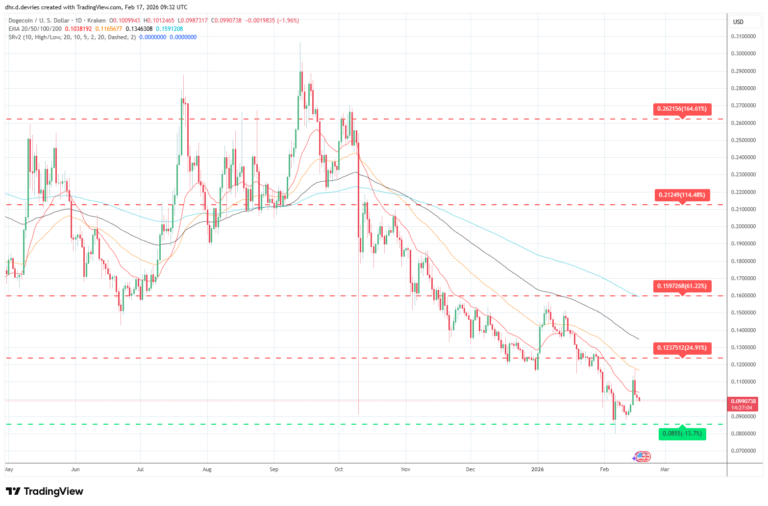
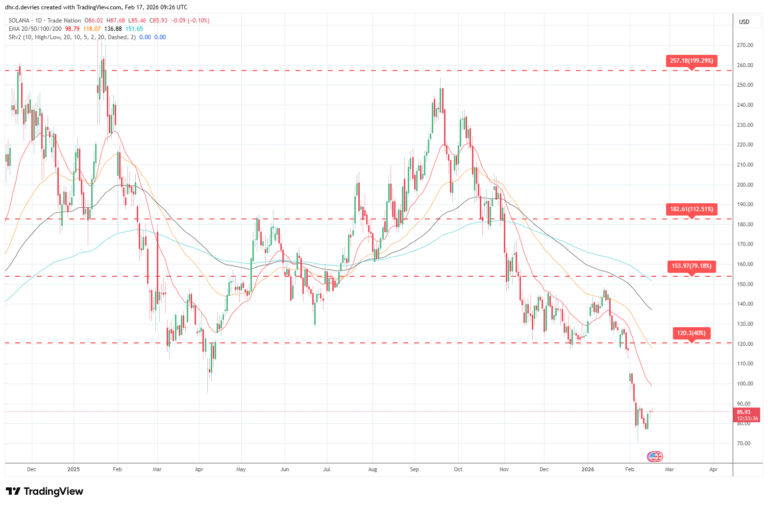
Solana (SOL) Kursprognose: Wöchentliche Analyse 17. Februar 2026

Was ist Arbitrage-Handel?

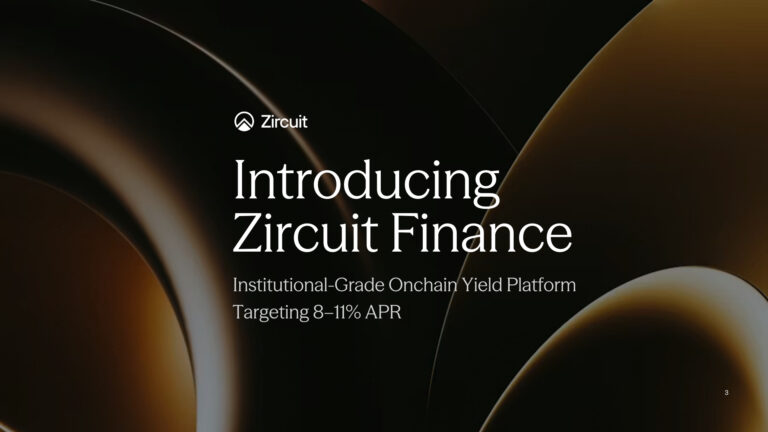

Was sind Optimistic Rollups?

Was sind (Krypto-)Währungswechselkurse?
Pressemitteilungen und Beiträge




